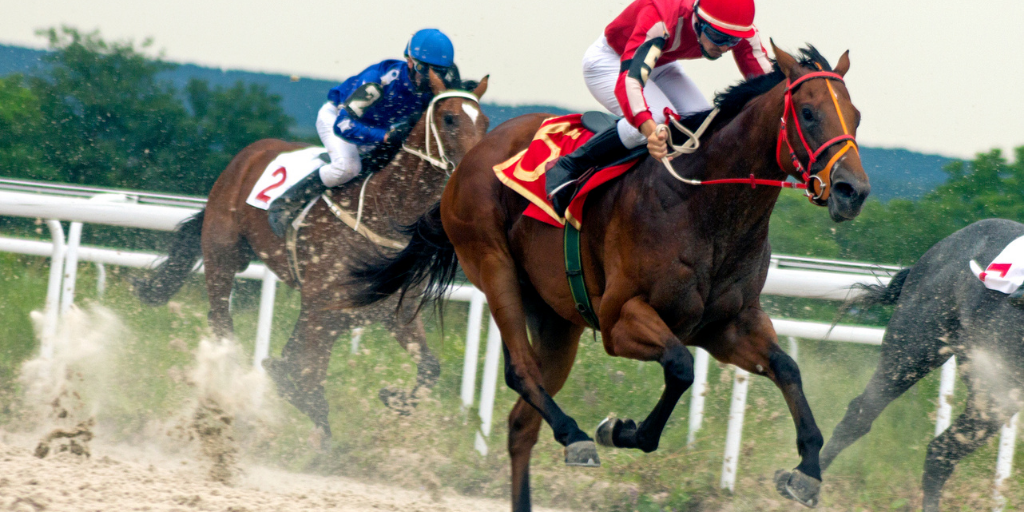- Office of the State Auditor
Media Contact
Noah Futterman

Boston — Today, the Office of State Auditor Suzanne M. Bump (OSA) released an audit of the Massachusetts Gaming Commission (MGC) that examined its monitoring of problem gamblers and individuals listed on gaming exclusion lists. MGC administers both self-voluntary and non-voluntary gambling exclusion lists which prohibit individuals from gaming activities in the state. At the end of the audit period, which examined July 1, 2018 through March 31, 2020, there were 648 individuals on the voluntary list and 31 on the non-voluntary list. Although the audit found no deficiencies in these areas, it highlighted the need for MGC to improve collaboration with other entities around issues facing the state’s horse racing industry, including its administration of the Race Horse Development Fund (RHDF) which the Commission administers to help pay for benefits for those who work in the industry.
Through recent expansions of casino gambling and the closure of Suffolk Downs race track in 2019, the Commonwealth’s gaming and horse racing industries have changed. Currently, all thoroughbred races are held out of state and RHDF’s spending on race purses (winnings and prizes from a race) has declined while revenue into the fund from casinos has increased. In fiscal year 2020, RHDF’s spending decreased to $8.7 million, down from $17 million the year prior. Additionally, the 80 percent of the RHDF that is earmarked to fund purses cannot be distributed because, under state regulations, it can only be used to fund races held in Massachusetts. As a result, the RHDF is not being used as intended, and as of March 31, 2020 it had an unspent balance of $16,851,650, of which $16,836,045 was allocated for the thoroughbred racing purse accounts.
The audit urges MGC to consult with the Massachusetts Thoroughbred Breeders Association (MTBA) and the Department of Agricultural Resources (DAR) on significant challenges facing the horse racing industry, including how the RHDF can be better utilized. Under state law, MGC is required to consult with the MTBA and DAR on RHDF matters related to race purse bonuses.
“While MGC has done a noteworthy job managing the state’s emerging gaming industry, our audit makes clear the Commission should bring all relevant stakeholders to the table to consider the Race Horse Development Fund’s most effective use,” Bump said. “This consultation and collaborative effort would enhance oversight of the fund, and would benefit breeders, owners, and the industry as a whole.”
In recent years, state legislation has been filed to reform the RHDF. During the 2019–2020 legislative session, 10 such bills were filed, including House Bill 13, which was intended to grant MGC greater control and flexibility in determining the use of the RHDF; House Bill 387, filed during the 2020–2021 legislative session, would reallocate $10,000,000 annually from the RHDF to the Community Preservation Trust Fund.
RHDF receives money from gaming licensees with funds being distributed to thoroughbred and standardbred associations as approved by MGC. Money from the RHDF is specifically structured under state law, with 80% allotted for race purse awards, 16% to support breeding associations, and 4% for health and pension benefits for the members of the New England Horsemen’s Benevolent and Protective Association and the Harness Horsemen’s Association of New England Inc.
MGC is responsible for overseeing the licensing activities related to expanded gaming and the regulation and oversight of the gaming and horse racing industries in the Commonwealth. The Commission is made up of five full-time commissioners who are responsible for overseeing and implementing the licensing and regulation process for two casinos—MGM Springfield and Encore Boston Harbor (EBH)—and the sole statewide slots parlor, Plainridge Park Casino (PPC). During the audit, MGC had 94 full-time employees and its operating costs are funded through the Massachusetts gaming industry.
The full audit is available here.
###